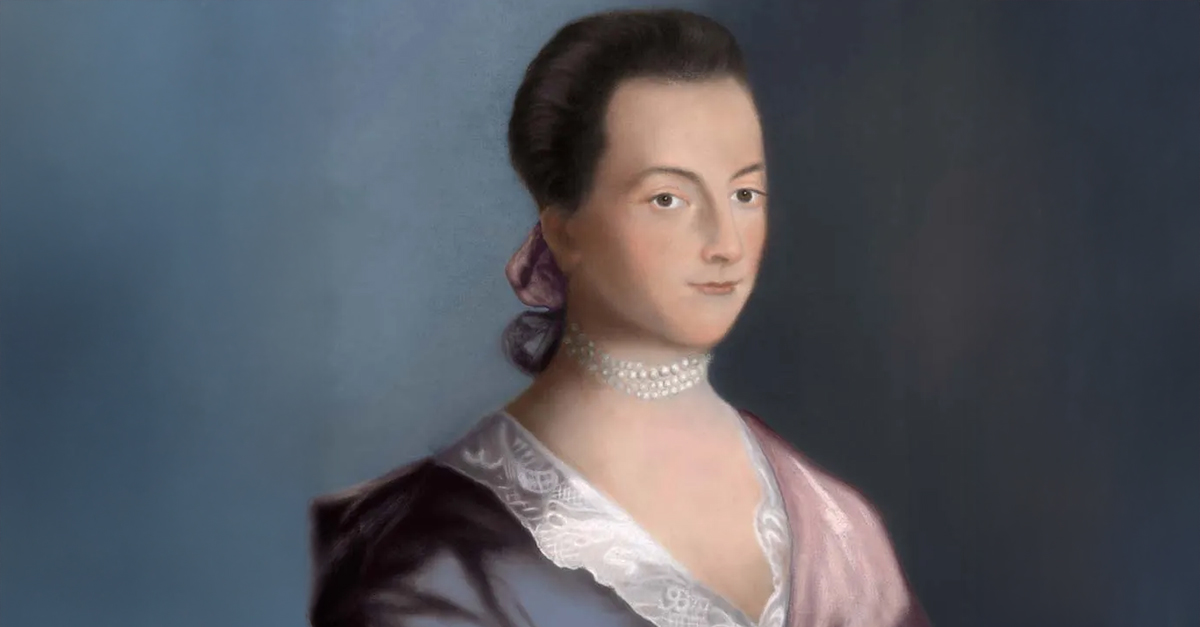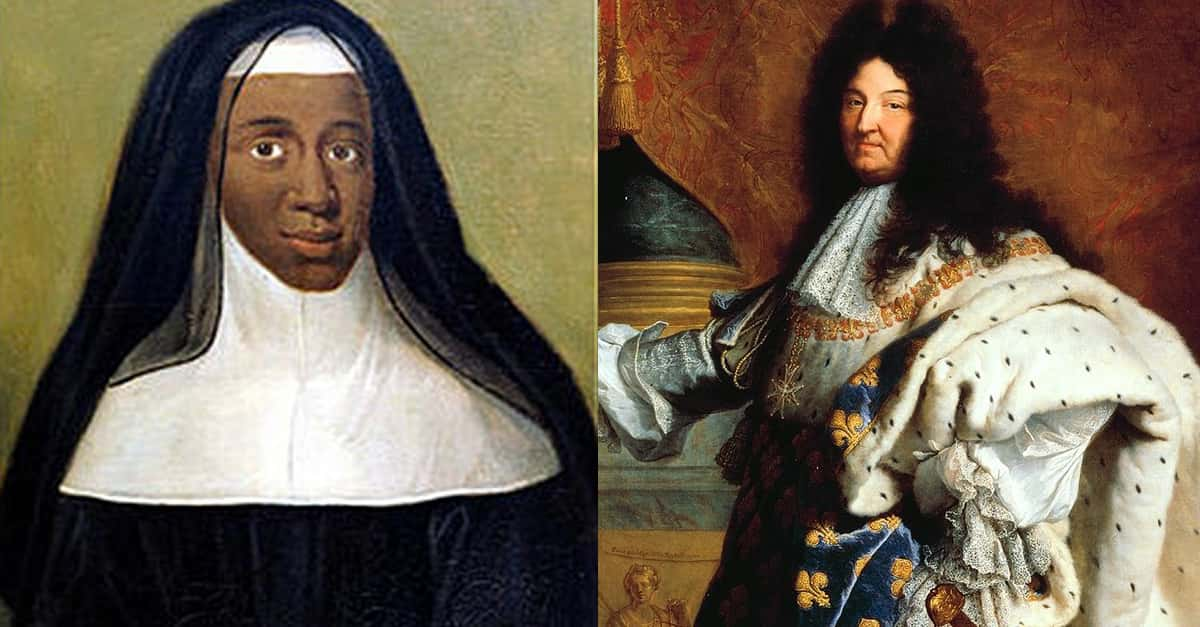Abigail Adams, wife of John Adams and mother of John Quincy Adams, is one of the most amazing women from America’s early history. She lived through the American Revolution, corresponded with the leading figures of the age, and carved out a legacy as a keen observer, advisor, and powerful voice for women. Her life was a roller-coaster of unusual events that impacted both her family and the nation.
A Young Girl With A Keen Mind
Born in 1744 in Weymouth, Massachusetts, Abigail Smith grew up in a Congregationalist family that emphasized schoolwork and learning in a time when girls didn’t have much in the way of educational opportunities. She was a big reader, and grew a sharp intellect. Her early love of literature, philosophy, and politics would later drive her famous correspondence with John Adams, bolstering her credibility as one of America’s most respected First Ladies.
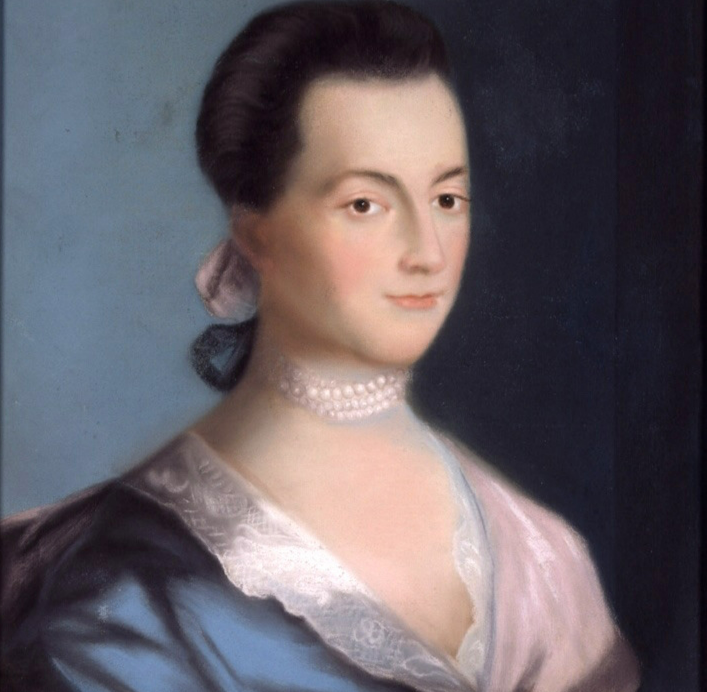 Benjamin Blyth, Wikimedia Commons
Benjamin Blyth, Wikimedia Commons
She Married A Future President
Abigail married John Adams in 1764. Theirs was a lifelong relationship built on love and respect. They wrote each other over a thousand letters that discussed politics, philosophy, and family life. When John was away in Philadelphia or Europe during the Revolution, Abigail ran the family farm and household on her own. Her tough resourceful ways allowed her to thrive in the adversity.
A Revolutionary Voice
Abigail didn’t take up arms and head to the battlefield, but her words carried weight in the newly forged nation. In a famous 1776 letter, she demanded that her husband “remember the ladies” when he drew up new laws. John shrugged at her plea as just playful banter, but her words became a slogan of women’s rights advocacy in later centuries. She was one of the first to push for legal recognition of women in the new republic.
The Challenges Of A Revolution
Life during the war brought unending challenges for Abigail. She watched the Battle of Bunker Hill from a nearby hilltop, hearing the roar of battle and seeing the columns of smoke rise into the sky above Boston. At home, she dealt with food shortages, disease, and constant worries about the safety of her husband and kids. It was obvious from her letters that she had a sharper perspective than most on the cost of independence.
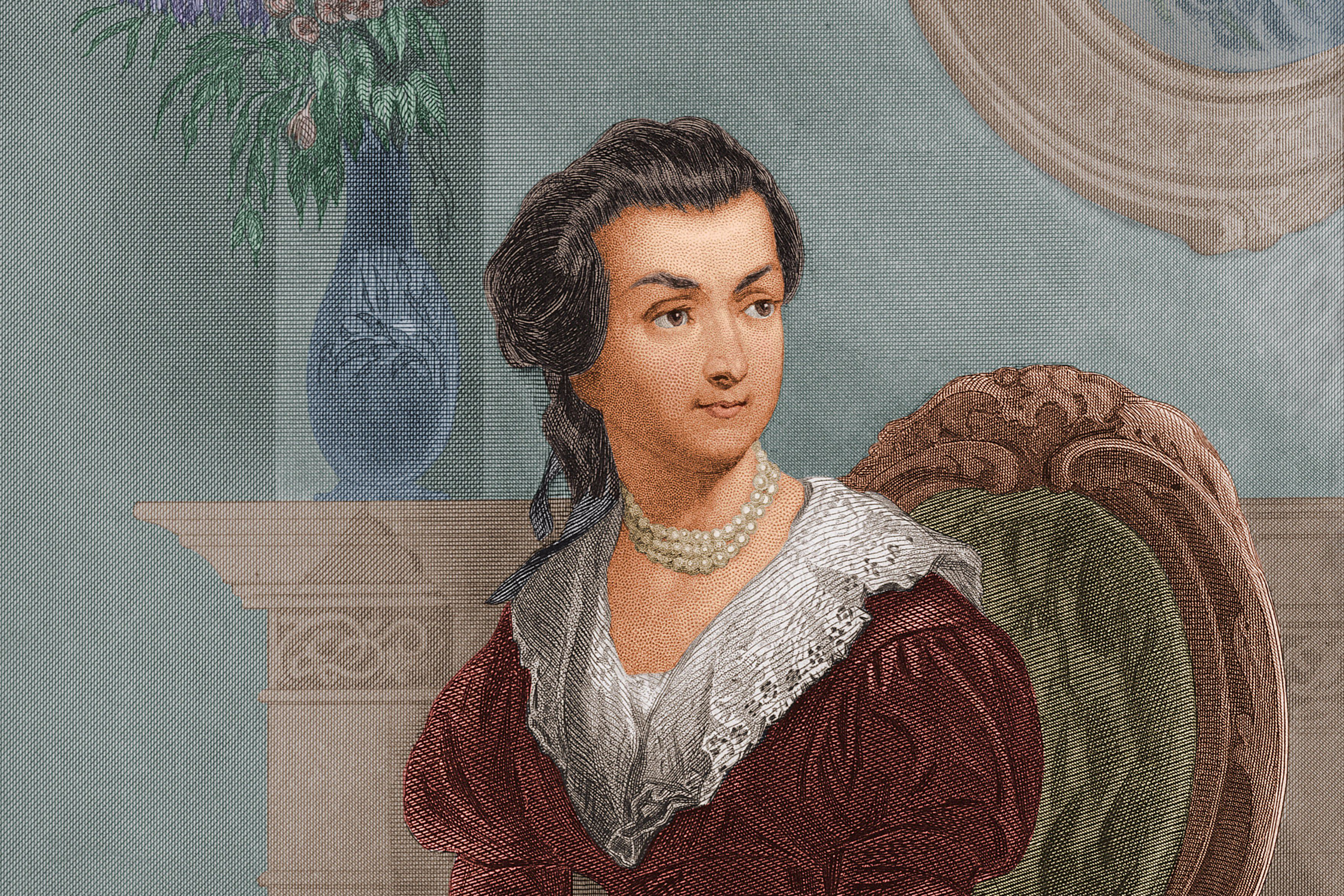 Christian Schussele, Wikimedia Commons
Christian Schussele, Wikimedia Commons
First Lady Of The United States
When John Adams was elected president in 1797, Abigail took on an active role as First Lady, advising her husband on political issues and attending congressional debates. This was very unusual for women of that era. Abigail moved into the White House in 1800 while it was still being built, famously drying laundry in the East Room. She was the original First Lady who acted as a political partner instead of playing a purely ceremonial role.
Mother To A President
Abigail Adams was mother to John Quincy Adams, sixth president of the United States. She taught him the same values of education and self-discipline that guided her own success. Only one other woman in history has had both a husband and son become president.
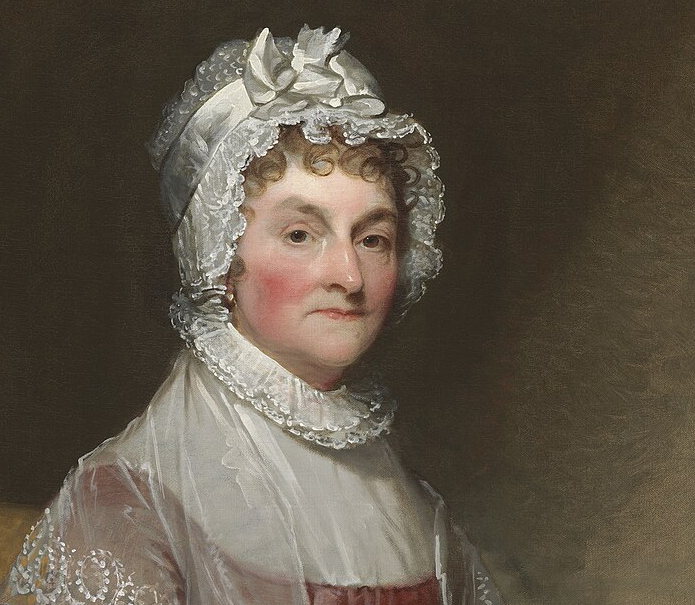 National Gallery of Art, Washington, DC, Wikimedia Commons
National Gallery of Art, Washington, DC, Wikimedia Commons
A Life Of Improbable Events
Many unusual events dotted Abigail’s life journey. She ran the family farm during the Revolution, a rarity for women in those days. She survived smallpox inoculation in 1776, a dangerous but later highly successful medical procedure. Her later move into the unfinished White House during a frigid Washington winter was symbolic and trying.
Not Just A President’s Wife
Abigail Adams is remembered not just as First Lady but as an early advocate for women’s rights, education, and expanded responsibility. Her letters are an amazing primary source for historians, giving intelligent insights into Revolutionary America from a woman’s perspective. Her writings and active political participation showed that women’s voices could have a positive influence on the nation’s future.
Conclusion
Abigail Adams lived through one of America’s most turbulent eras; her legacy still inspires today. Her partnership with John Adams, advocacy for women, and ability to weather crises marked her as one of America’s foremost revolutionaries. From managing wartime hardships to shaping presidential decisions, Abigail Adams made a lasting mark on American history.
You May Also Like:
The Revolutionary War’s Weirdest Moments
40 Of The World's Highly-Educated Leaders

